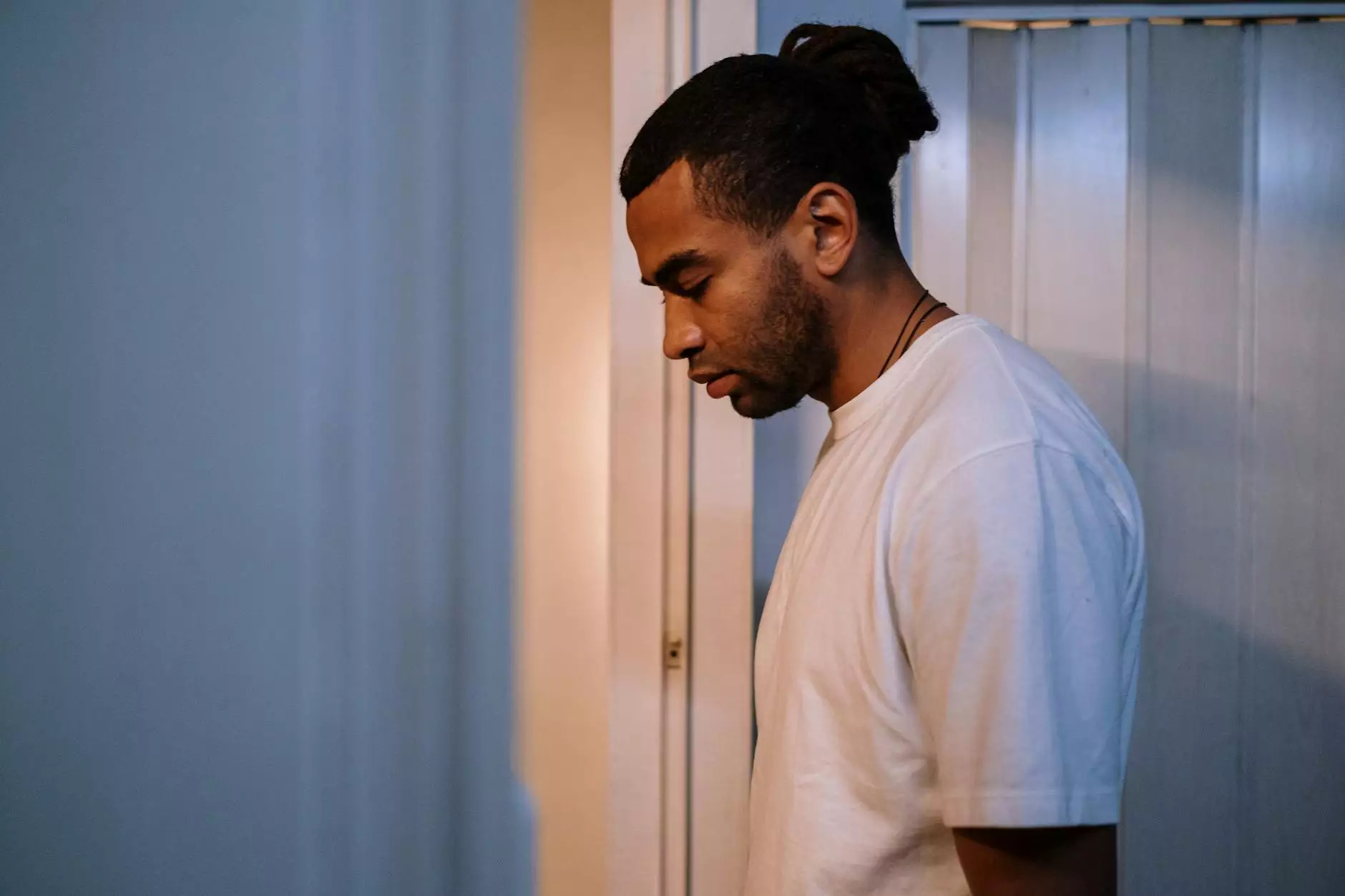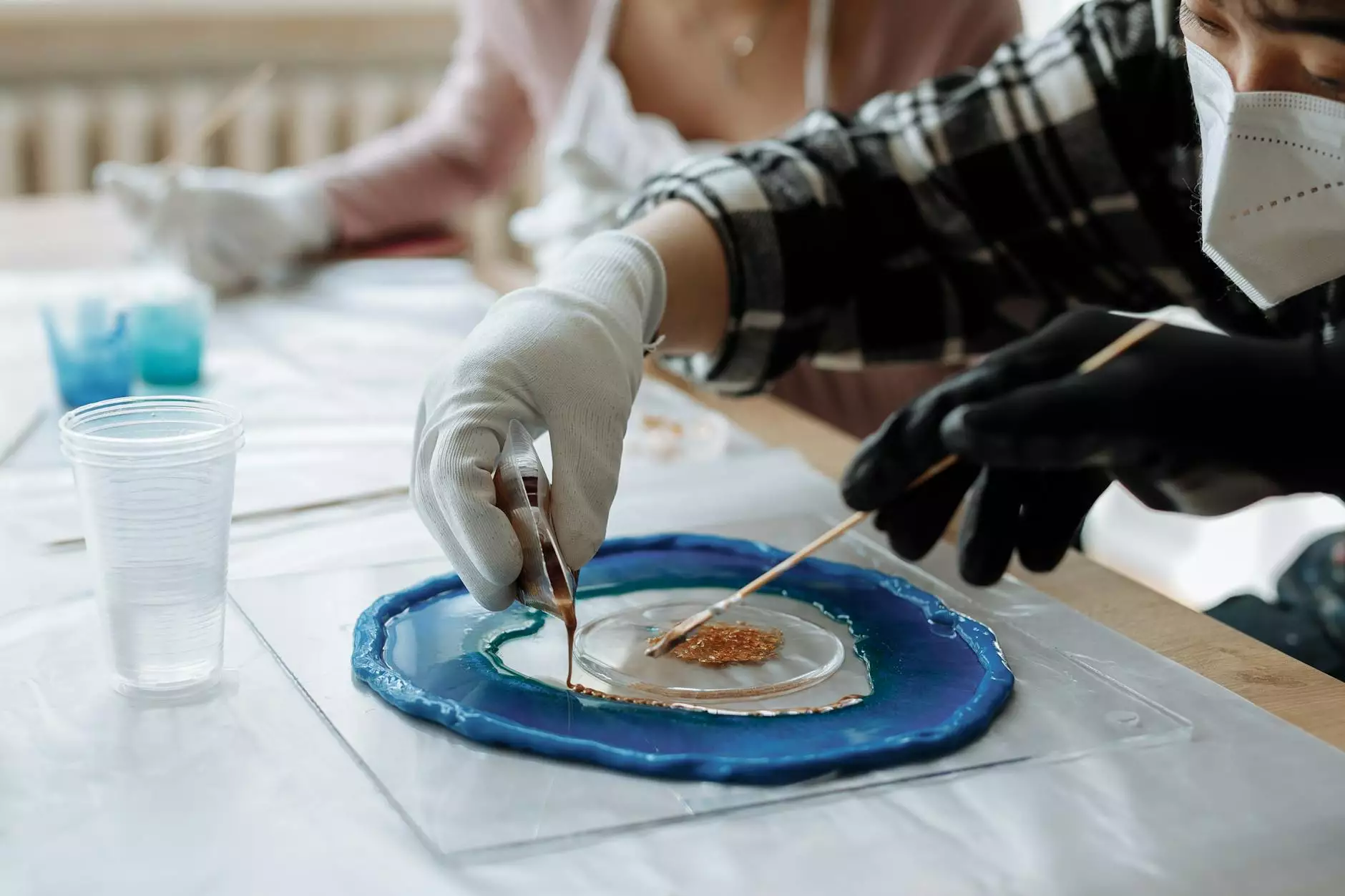Understanding Depression Clinics: A Comprehensive Guide

Depression is a complex mental health disorder that affects millions worldwide. It can strike anyone, regardless of age, gender, or background. For those struggling with this condition, seeing a specialist for help is crucial. This is where depression clinics come into play, providing a lifeline for those grappling with depressive disorders.
What Are Depression Clinics?
Depression clinics are specialized medical facilities that focus on diagnosing and treating various forms of depression. They offer a range of services including therapy, medication management, and holistic approaches tailored to individual needs. These clinics are staffed by professionals, including psychiatrists, psychologists, and licensed therapists, who collaborate to create effective treatment plans.
Why Choose a Depression Clinic?
Choosing a depression clinic can be a pivotal step in the recovery journey. Here are several benefits:
- Expert Care: Clinics are staffed with mental health professionals who are experienced in treating depression and other mood disorders.
- Personalized Treatment Plans: Each individual receives tailored approaches based on their specific needs, history, and symptoms.
- Comprehensive Services: Clinics often provide a range of treatments, from therapy to medication and support groups, allowing for holistic care.
- Supportive Environment: Being surrounded by others who are experiencing similar challenges can foster a sense of community and understanding.
Types of Treatments Offered in Depression Clinics
Different depression clinics may offer varied treatments, but many include:
1. Psychotherapy
Psychotherapy, or talk therapy, involves working with a licensed therapist to explore thoughts and feelings that contribute to depression. Common types include:
- Cognitive Behavioral Therapy (CBT): Focuses on identifying and changing negative thought patterns.
- Interpersonal Therapy (IPT): Addresses personal relationships and social roles to elevate mood.
- Dialectical Behavior Therapy (DBT): Combines CBT with mindfulness techniques to enhance emotional regulation.
2. Medication Management
Many individuals benefit from antidepressant medications. Clinics provide careful evaluation and monitoring to manage prescriptions effectively, ensuring optimal results while minimizing side effects.
3. Group Therapy
Group therapy sessions provide a platform for individuals to share experiences and coping strategies in a supportive environment, promoting resilience and hope.
4. Holistic and Alternative Treatments
Some clinics incorporate mindfulness practices, yoga, nutrition counseling, and acupuncture into treatment plans, acknowledging the mind-body connection in mental health.
What to Expect When Entering a Depression Clinic
Entering a depression clinic can be daunting. However, knowing what to expect can ease anxiety and promote a successful treatment journey:
Initial Assessment
Upon arrival, each patient undergoes a comprehensive evaluation to assess their unique situation. This includes:
- Medical History Review: Understanding past health issues and treatments.
- Symptom Assessment: Identifying the severity and type of depression.
- Identifying Goals: Discussing what the patient hopes to achieve through treatment.
Treatment Planning
Based on the assessment, the treatment team collaborates with the patient to create an individualized treatment plan designed for their specific needs.
Ongoing Support
Throughout treatment, clinics provide regular follow-up appointments, support groups, and access to resources to ensure continuous care.
When to Seek Help from Depression Clinics
Identifying when to seek help is essential in managing depression effectively. Consider reaching out to a depression clinic if you experience:
- Persistent feelings of sadness or hopelessness.
- Loss of interest in activities you once enjoyed.
- Significant changes in sleep or appetite.
- Difficulty concentrating or making decisions.
- Thoughts of self-harm or suicide.
Choosing the Right Depression Clinic
Finding the right clinic involves considering several factors:
- Credentials: Ensure the clinic is accredited and staff are licensed professionals.
- Specialization: Different clinics specialize in various types of treatment. Look for one that aligns with your needs.
- Location and Accessibility: Choose a clinic that is convenient for you, as regular visits may be necessary.
- Insurance Compatibility: Confirm if the clinic accepts your insurance plan to manage costs effectively.
- Reviews and Recommendations: Research patient testimonials and seek referrals to gauge the clinic's reputation.
The Role of Family and Friends in the Recovery Process
The support of family and friends is invaluable for those in treatment for depression. Here’s how loved ones can help:
- Encouragement: Encouraging their loved one to seek help and stick to treatment plans.
- Active Listening: Providing a safe space for sharing thoughts and feelings.
- Participation: Involvement in therapy sessions or support groups when appropriate.
- Education: Learning about depression to better understand what the affected individual is going through.
Conclusion
Depression clinics play a crucial role in the recovery journey for many suffering from depression. By providing tailored treatments, support systems, and professional expertise, these facilities offer hope and healing. Remember, seeking help is a strong and positive step towards reclaiming your mental health. If you or someone you know is struggling with depression, don't hesitate to reach out to a depression clinic and take that important step towards recovery.
For more information on mediglobus.com, a hub of resources related to health and medical services, including information about depression clinics, stay tuned for our future articles. Your mental health matters, and help is available.









